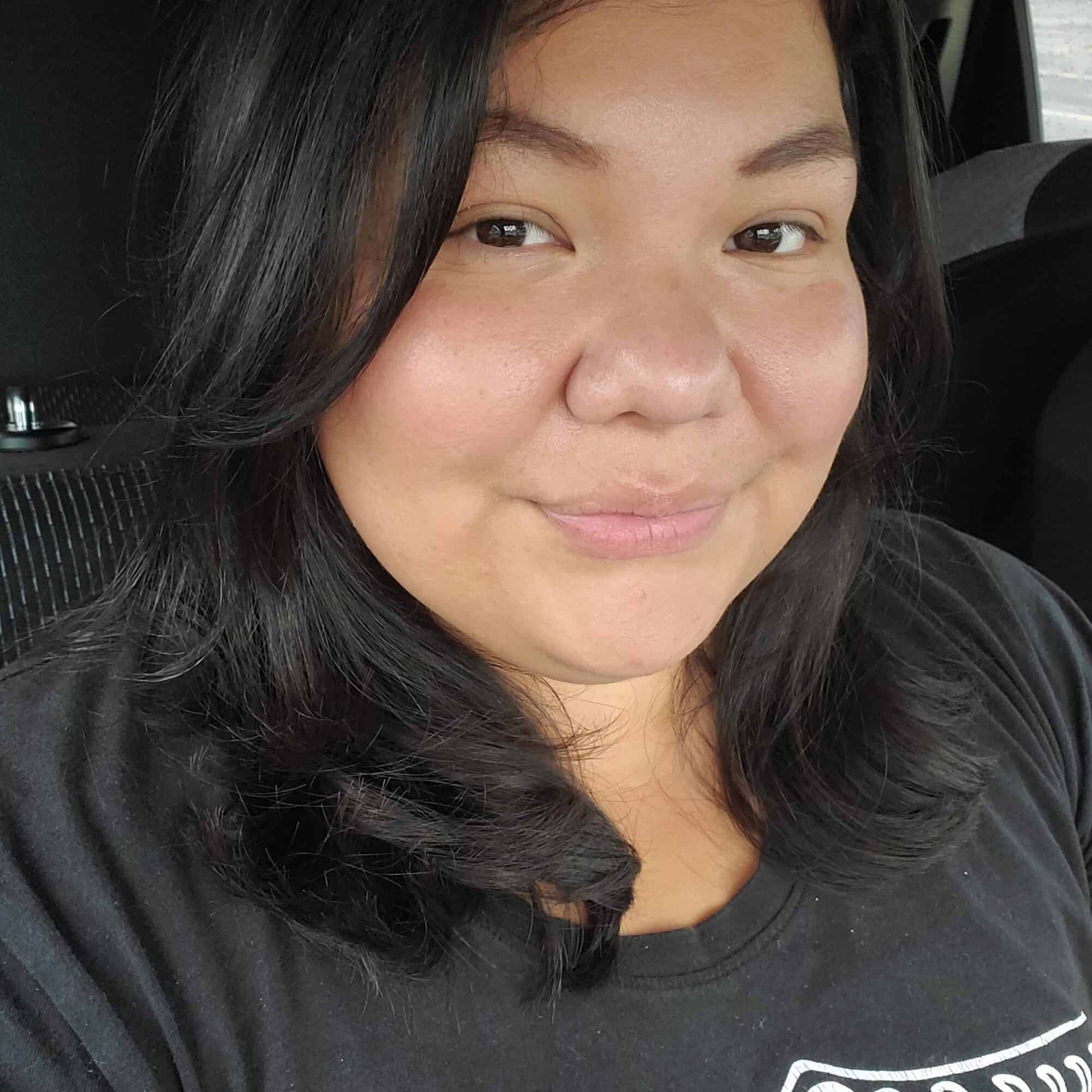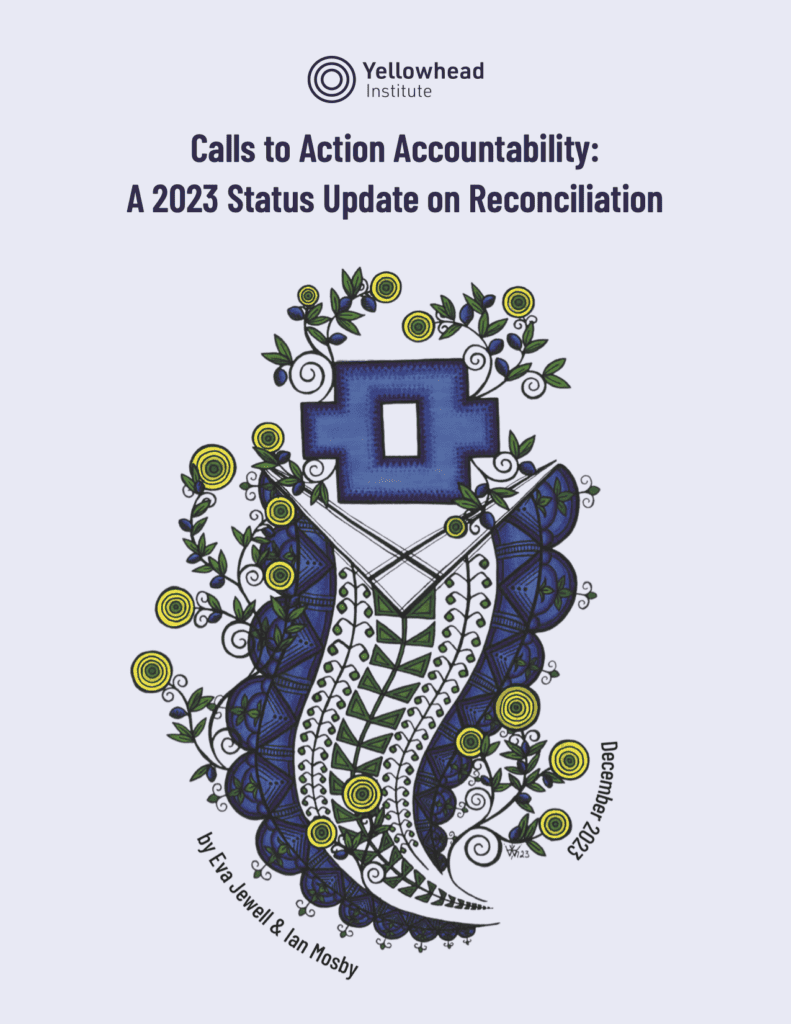- About
- Research
-
-
- Special Reports & Features
- Pretendians and Publications: The Problem and Solutions to Redface Research
- Pinasunniq: Reflections on a Northern Indigenous Economy
- From Risk to Resilience: Indigenous Alternatives to Climate Risk Assessment in Canada
- Twenty-Five Years of Gladue: Indigenous ‘Over-Incarceration’ & the Failure of the Criminal Justice System on the Grand River
- Calls to Action Accountability: A 2023 Status Update on Reconciliation
- Data Colonialism in Canada’s Chemical Valley
- Bad Forecast: The Illusion of Indigenous Inclusion and Representation in Climate Adaptation Plans in Canada
- Indigenous Food Sovereignty in Ontario: A Study of Exclusion at the Ministry of Agriculture, Food & Rural Affairs
- Indigenous Land-Based Education in Theory & Practice
- Between Membership & Belonging: Life Under Section 10 of the Indian Act
- Redwashing Extraction: Indigenous Relations at Canada’s Big Five Banks
- Treaty Interpretation in the Age of Restoule
- A Culture of Exploitation: “Reconciliation” and the Institutions of Canadian Art
- Bill C-92: An Act respecting First Nations, Inuit, and Métis Children, Youth and Families
- COVID-19, the Numbered Treaties & the Politics of Life
- The Rise of the First Nations Land Management Regime: A Critical Analysis
- The UN Declaration on the Rights of Indigenous Peoples in Canada: Lessons from B.C.
- View all reports.
- Special Reports & Features
-
-
- Yellowhead School
- The Treaty Map
- LIBRARY
- Submissions
- Donate
2023 marks eight years since the release of the Truth and Reconciliation Commission’s 94 Calls to Action.
This year also marks the fifth year of authors Eva Jewell and Ian Mosby tracking Canada’s progress on completing the Truth and Reconciliation Commission’s 94 Calls to Action. In this edition of their annual Calls to Action Accountability analysis, Jewell and Mosby reflect on the past five years of reconciliatory movements in Canada. What barriers to reconciliation have been witnessed? What has compelled Canada to act? Who has pushed progress on these Calls to Action forward? By framing reconciliation in 2023 against the backdrop of trends seen in the last several years, Jewell and Mosby identify the ongoing issue of inaction on reconciliation and what it means for the future of accountability work.
KEY QUESTIONS
What trends can be observed in the past 5 years of Canada’s attempts at reconciliation? How many Calls to Action have been completed in 2023 and why is progress so slow?
RELATED RESOURCES
In the short time we have been annually observing Canada’s record on its supposed progress, we’ve held the tension of the promise of reconciliation with the actual reality — exacerbated by the deep chasm between the two and frustrated by the discrepancy between inaction and Canada’s fantastical myths of benevolence.
- Eva jewell & ian mosby
AUTHOR

Eva Jewell
Deshkan Ziibiing Anishinaabekwe (Chippewas of the Thames First Nation)
AUTHOR

Ian Mosby
ARTIST

Victoria Ransom
Mohawk of Akwesasne



